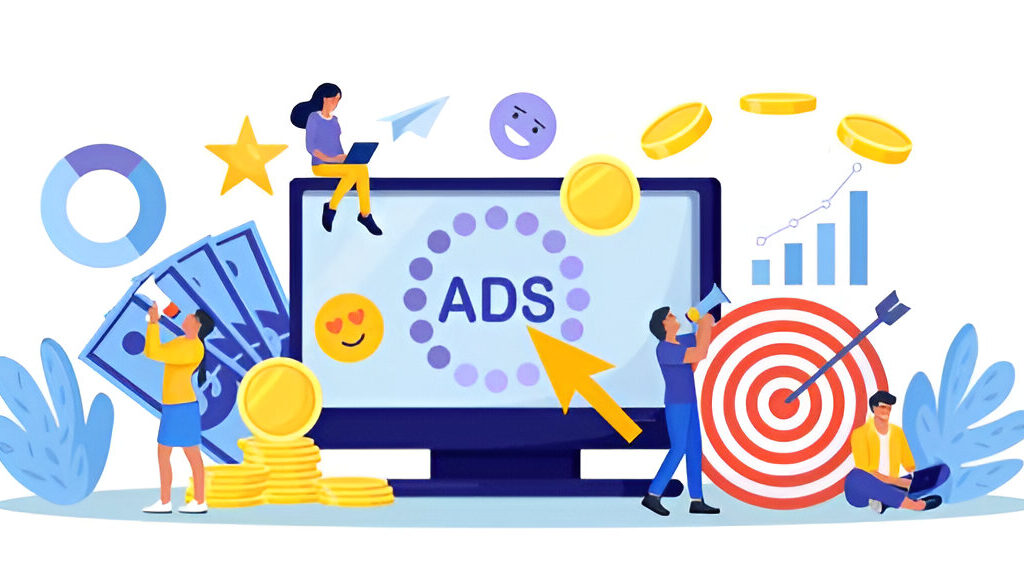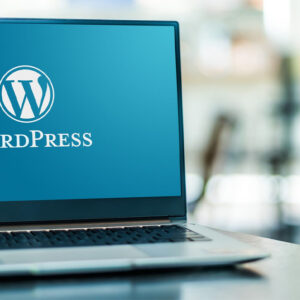Pay-Per-Click (PPC) advertising is a powerful tool for businesses looking to drive targeted traffic and increase conversions. However, a common question among new advertisers is: “What budget should I allocate for a PPC campaign?” Determining the right budget depends on several factors, such as business goals, competition, and market trends. This article explores the factors influencing PPC budgeting, practical recommendations, and strategies to make the most of your investment.
Understanding PPC Campaigns
Before diving into budgeting, it’s essential to understand how PPC campaigns work. Advertisers bid on keywords, and each time someone clicks on their ad, they pay a fee. Popular platforms like Google Ads and Amazon PPC operate on this model, making it possible to target specific audiences and track performance metrics.

Key Factors That Influence PPC Budgeting
Several factors determine how much you should spend on a PPC campaign:
1. Business Goals
The purpose of your PPC campaign will significantly affect your budget. Are you aiming to increase brand awareness, drive website traffic, or boost sales? For example:
- Brand Awareness: Allocate a higher budget to target a broader audience.
- Sales and Conversions: Focus on high-intent keywords that may require a moderate to high budget.
2. Industry and Competition
Highly competitive industries, such as finance, e-commerce, and technology, often have higher Cost-Per-Click (CPC) rates. To estimate your budget:
- Research average CPCs in your industry using tools like Google Keyword Planner.
- Identify competitor strategies and adjust your bids accordingly.
3. Target Audience
Demographics, location, and purchasing behavior influence campaign costs. For instance:
- Targeting a global audience will generally require a larger budget than focusing on a local market.
- Narrowing your audience to specific interests or demographics can reduce costs.
4. Keyword Selection
Not all keywords cost the same. Long-tail keywords (specific phrases) often have lower competition and cost less than generic terms. For example:
- “Affordable leather tote bags” may cost less than “tote bags.”
Choosing the right keywords can stretch your budget further.
5. Ad Platforms
Each platform has unique pricing structures and audience types:
- Google Ads: Offers global reach but can be expensive due to high competition.
- Amazon PPC: Suitable for product-focused campaigns and often requires a smaller budget compared to Google Ads.
- Facebook Ads: Ideal for visual and demographic-based targeting.
Recommended Starting Budget for PPC Campaigns
While there’s no universal answer, a good starting point for beginners is:
- Small Businesses: $10–$50 per day, depending on your goals and audience size.
- Medium Businesses: $50–$100 per day, especially in competitive markets.
- Large Enterprises: $500+ per day to dominate high-competition niches.
Step-by-Step Guide to Set Your PPC Budget
1. Define Your Goals
Clearly outline what you want to achieve. For instance:
- Generate 1,000 clicks within a month.
- Achieve a 5% conversion rate for a specific product.
2. Calculate Target Metrics
Determine the following metrics to estimate costs:
- Cost-Per-Click (CPC): Research average CPC rates for your industry.
- Conversion Rate (CR): Estimate how many clicks turn into sales or leads.
- Customer Lifetime Value (CLV): Understand how much revenue a customer generates.
For example:
If your CPC is $2 and your CR is 5%, you’d need 100 clicks ($200) to generate 5 sales.
3. Test Small and Scale Gradually
Begin with a small budget to test campaign performance. Analyze metrics like Click-Through Rate (CTR) and Return on Ad Spend (ROAS) before increasing your investment.
4. Monitor Daily Spend
Set daily spend limits to avoid overspending. Most platforms allow you to pause or adjust campaigns based on performance.
How to Optimize Your PPC Budget
1. Use Negative Keywords
Negative keywords prevent your ads from showing up for irrelevant searches. For instance:
- If you’re selling premium products, add “cheap” as a negative keyword.
2. Leverage A/B Testing
Test different ad copies, images, and keywords to identify what works best. Allocate more budget to high-performing ads.
3. Optimize Bids
Adjust your bids based on keyword performance. For example:
- Increase bids for high-converting keywords.
- Decrease bids for low-performing ones.
4. Schedule Ads Strategically
Run ads during peak hours when your audience is most active. This reduces wasteful spending.
5. Focus on High-Intent Audiences
Retarget users who have previously visited your website or interacted with your brand.
Real-Life Examples of PPC Budgeting
Example 1: Small Business
A local bakery allocates $300 per month to promote seasonal offers. They focus on long-tail keywords like “custom cakes near me” with a CPC of $1. With a conversion rate of 10%, they generate 30 sales monthly.
Example 2: E-Commerce Store
An online retailer invests $1,000 monthly in Amazon PPC. They target high-converting keywords like “wireless headphones” and use product images optimized for conversions. Their average ROAS is 4x, resulting in $4,000 revenue.
Semantic Keywords to Include
PPC campaign budget, starting PPC cost, average CPC, PPC campaign ROI, ad spend strategies, campaign metrics, conversion tracking, keyword bidding, cost per click optimization, PPC testing methods, PPC platforms, ad targeting, CTR improvement, daily ad budget, long-tail keywords, ROI goals, ad scheduling, ad performance, retargeting ads, advertising platforms, PPC for e-commerce, small business PPC, keyword optimization, Google Ads cost, Amazon PPC budget, advertising ROI, campaign scaling, PPC insights, budget calculator, ad visibility.
Common Mistakes to Avoid
- Overbidding on Keywords: Leads to unnecessary expenses without guaranteed returns.
- Ignoring Analytics: Regularly review performance metrics to optimize campaigns.
- Setting Unrealistic Goals: Ensure your goals align with your budget and market trends.
Conclusion
Starting a PPC campaign with the right budget requires careful planning, research, and continuous optimization. By understanding your business goals, market dynamics, and audience preferences, you can create effective campaigns that drive results. Remember to start small, monitor performance, and scale gradually to maximize your return on investment.
FAQs:
1. What is the minimum budget to start a PPC campaign?
The minimum budget can vary, but starting with $10–$20 per day is a good option for beginners. This allows you to test and optimize your campaign without overspending.
2. How do I calculate my PPC budget?
To calculate your budget, consider your Cost-Per-Click (CPC), desired clicks, and conversion rate. For example, if your CPC is $2 and you want 100 clicks, your budget would be $200.
3. Is there a fixed budget I need for a successful PPC campaign?
No, there is no fixed budget. The budget depends on factors like your industry, competition, and campaign goals. A small business might start with $300–$500 per month, while larger businesses could invest thousands.
4. What factors influence my PPC budget?
Several factors impact your budget, including:
- Industry competition
- Target audience and location
- Keyword selection
- Ad platform (e.g., Google Ads, Amazon PPC)
5. Can I run a PPC campaign on a small budget?
Yes, you can run a PPC campaign on a small budget by focusing on long-tail keywords, optimizing ad targeting, and using negative keywords to filter irrelevant traffic.
6. How can I optimize my PPC budget?
To optimize your budget:
- Use A/B testing to identify high-performing ads.
- Set daily spend limits.
- Focus on high-intent keywords.
- Utilize negative keywords to avoid irrelevant clicks.
7. Should I increase my PPC budget if I see good results?
Yes, if your campaign is delivering a high Return on Ad Spend (ROAS), consider scaling up your budget to capitalize on successful keywords and strategies.
8. How do different platforms affect my PPC budget?
Different platforms have varying costs. For example:
- Google Ads: Higher CPC due to competition.
- Amazon PPC: More cost-effective for product-specific campaigns.
- Facebook Ads: Ideal for demographic targeting at a lower CPC.
9. What happens if I overspend on my PPC campaign?
Overspending can reduce your overall profitability. To avoid this, set clear daily limits, monitor performance regularly, and pause underperforming campaigns.
10. How long should I run a PPC campaign to determine its success?
Run your campaign for at least 2–4 weeks to gather sufficient data. Analyze metrics like Click-Through Rate (CTR), Cost-Per-Acquisition (CPA), and conversion rates to evaluate performance.




